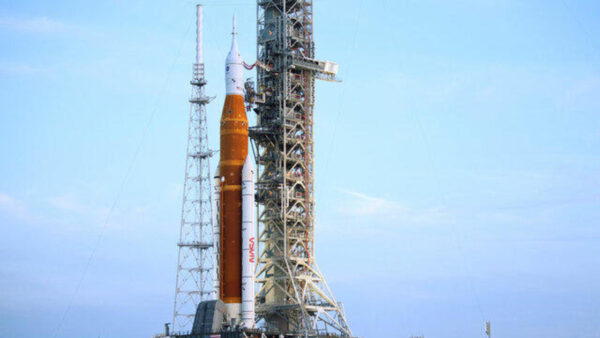
NASA loses contact with Capstone spacecraft on way to test moon orbit
The National Aeronautics and Space Administration (NASA) on Tuesday announced that they had lost contact with Batu Space Space aircraft worth $ 32.7 million to the moon to test the orbit of the Moon Slow. However, agency engineers hope that they can fix the problem.
This development occurred after a successful and partial communication on Monday, the Space Agency said that he could no longer communicate with a spacecraft called Capstone. NASA spokesman Sarah Frazier on Tuesday said that engineers tried to find the cause of loss of communication, but optimistic they could fix the problem.
NASA spokesman highlighted that the spacecraft, which was launched from New Zealand on June 28, had spent almost a week on the Earth’s orbit and had been successfully started on the moon, following the contact disappeared.
Capstone satellite is the size of a microwave oven and will be the first space aircraft to try this oval orbit. This is where NASA wants to hold a front post and the gateway will function as a staging point for astronauts before they go down to the surface of the moon.
The previous agency invited to follow the “Capstone Live trip using NASA’s eyes in the solar system interactive visualization of 3D real-time data.” After about a week of launching, “You can almost rise together with cubesat with the solar system that is simulated to see.” At the closest, the orbit is within a distance of 1,000 miles (1,600 kilometers) from the month; The farthest, 43,500 miles (70,000 kilometers).
This orbit is intended to be very fuel efficient, utilizing the gravitational pull of the Moon and Earth. As a stepping stone for the crew’s mission to Mars, NASA also intends to build Moonbase. The new orbit, which is officially known as a Halo orbit that is almost a square, has an extended egg shape, with one end past and the other is far from the moon. From your thumb, the image of pulling a rubber band back and a rubber band will stand for the flight route, and your thumb for the moon.



